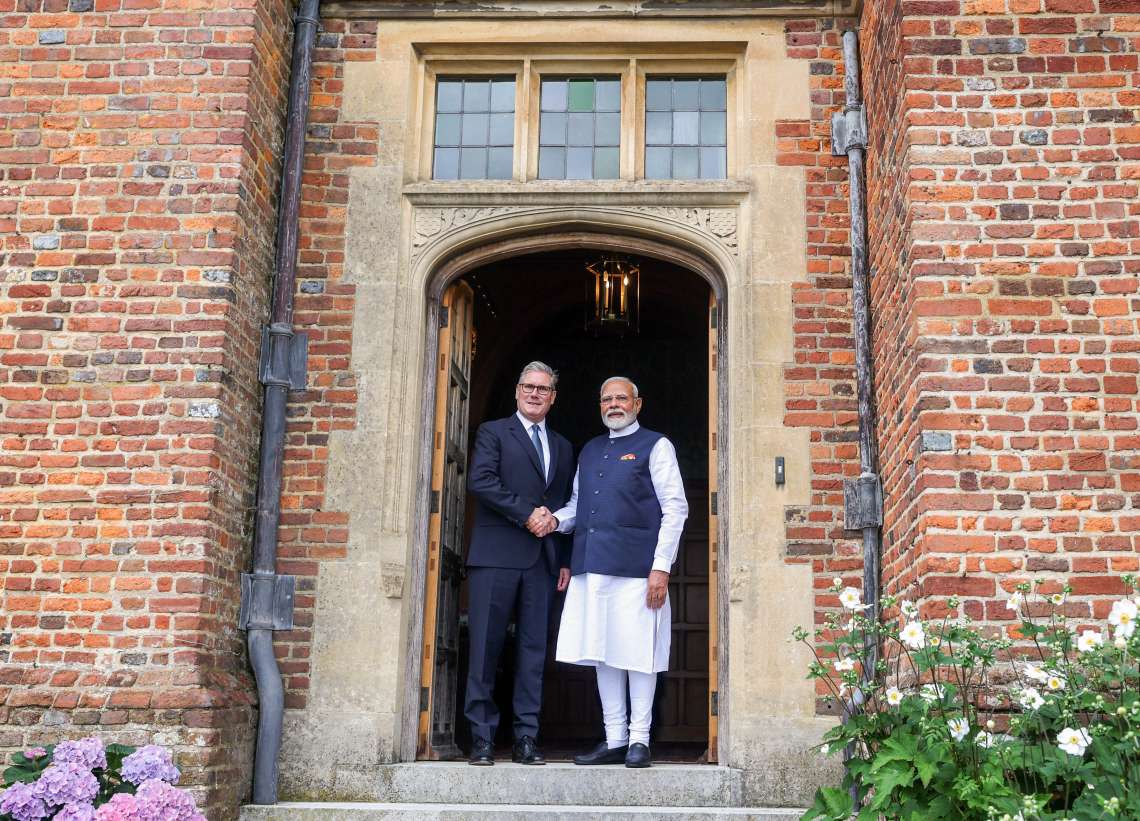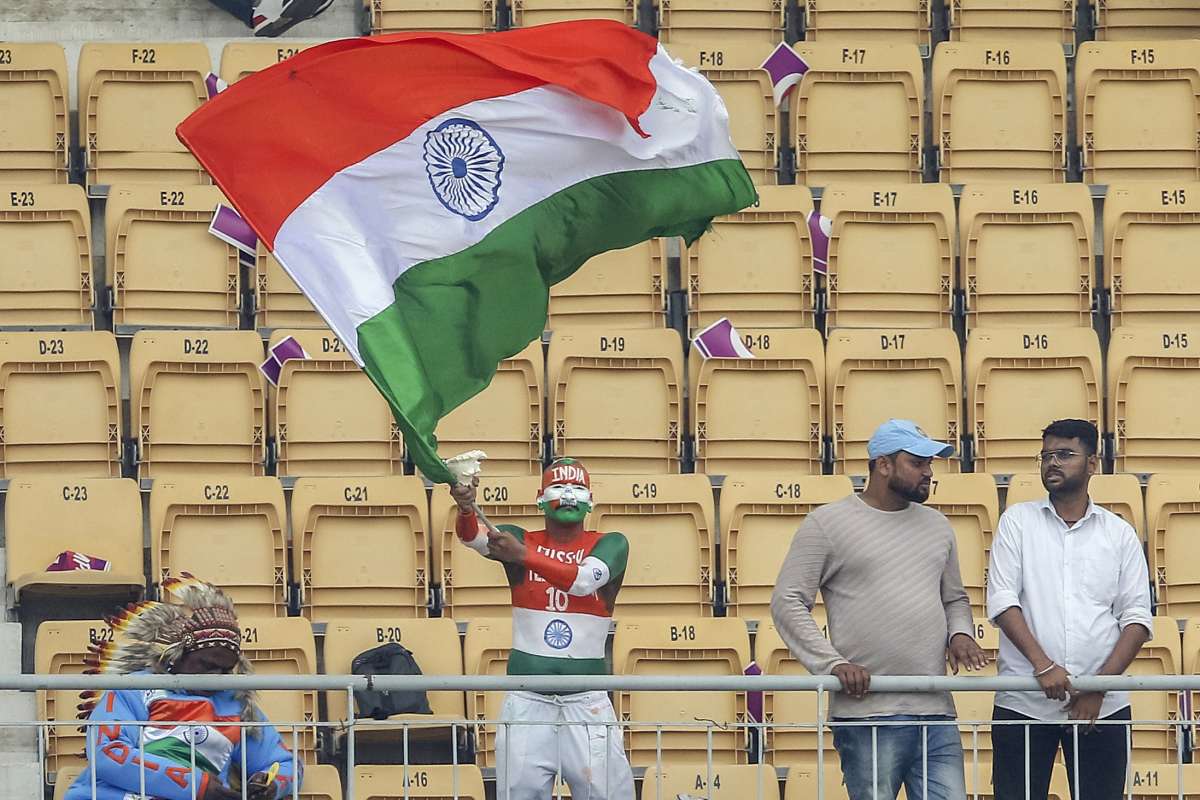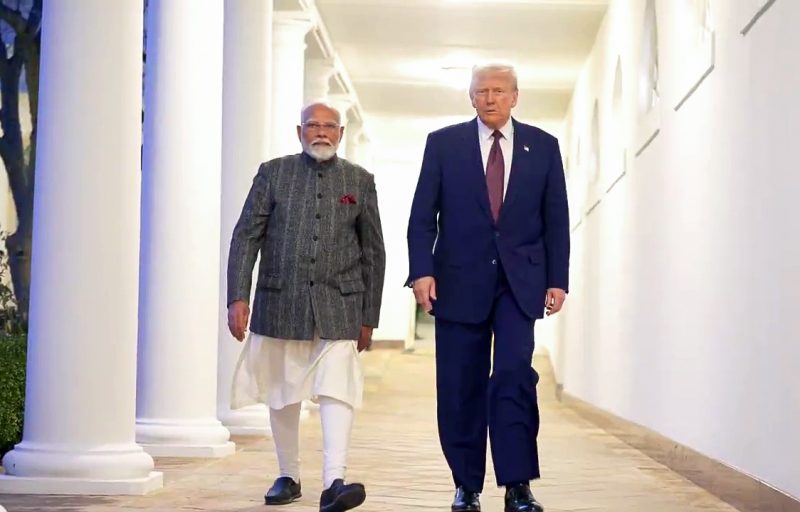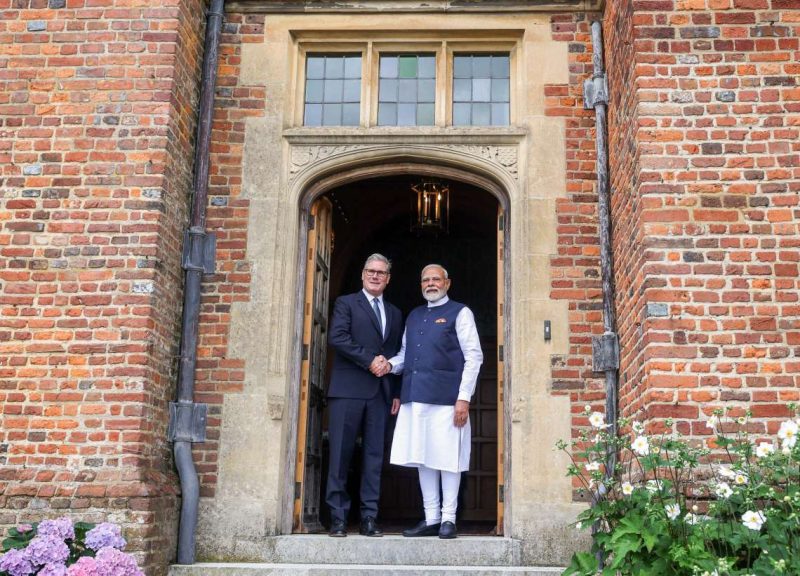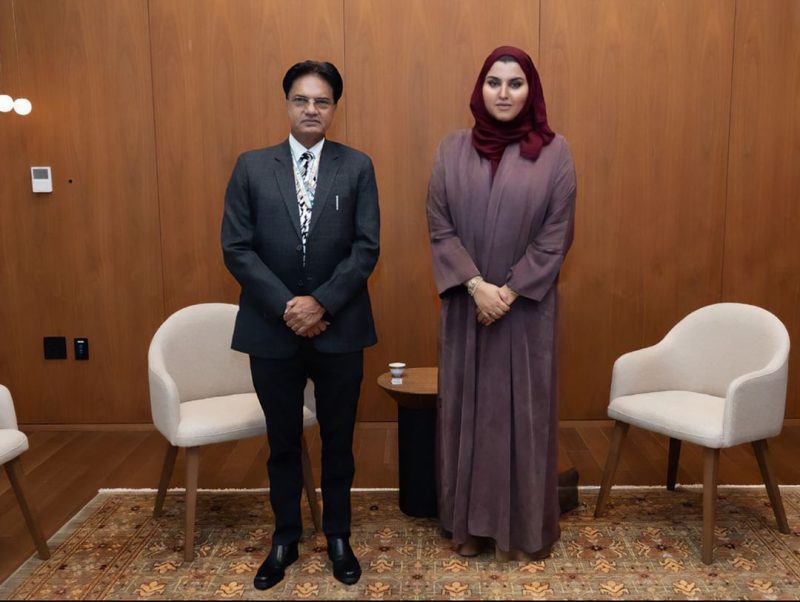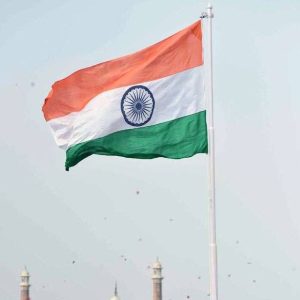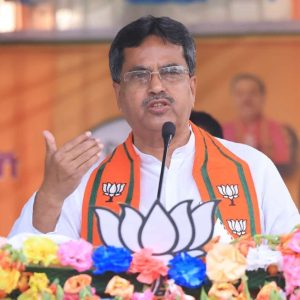The Financial Action Task Force says India has the main structural elements that are required for anti-money laundering and countering the financing of terrorism system…reports Asian Lite News
The Financial Action Task Force (FATF) has given a thumbs up to India for its fight against money laundering and terror financing. India has achieved a significant milestone by securing a ‘Regular Follow-up’ rating from the global money laundering and terrorist financing watchdog.
In a mutual evaluation report titled ‘Anti-money laundering and counter-terrorist financing measures’, FATF said India has the main structural elements that are required for anti-money laundering and countering the financing of terrorism system to be put in place, including a high-level commitment to address such issues; political stability; stable institutions and rule of law.
India has achieved strong results in its technical compliance with the FATF Standards. However, the report noted that major improvements are needed to strengthen prosecution, protect the non-profit sector from terrorist abuse, supervision, and implementation of preventive measures.
India’s high-level commitment to address such issues is reflected through the measures it has taken over the years, and at multi-lateral fora, the FATF report said.
FATF is an intergovernmental organization founded in 1989 on the initiative of the G7 to develop policies to combat money laundering. In 2001, its mandate was expanded to include fighting terrorism financing.
In the 365-page report, it noted that India has implemented a system that is effective in many respects. Particularly good results are being achieved in the areas of money laundering and terror financing risk understanding; national coordination and cooperation; use of financial intelligence for money laundering, predicate offences, and terror financing investigations; depriving criminals of their assets; preventing misuse of legal structures; the implementation of targeted financial sanctions related to proliferation; and international cooperation.
Also, it noted that a key strength of the Indian system is its continuous domestic coordination and cooperation on such serious issues at both the policy and operational levels at the central and state levels, which has improved since the last assessment.
The Enforcement Directorate (ED) is the sole competent authority mandated to investigate money laundering activities.
The ED pursues money laundering related to fraud and forgery in line with predicate crime risks to a large extent, but less so with other offences in particular trafficking in human beings and migrant smuggling, and drug trafficking.
“The number of money laundering convictions over the last five years has been impacted by a series of constitutional challenges (resolved in 2022) and the saturation of the court system,” the FATF report read.
Although the number of prosecutions and convictions has started to increase, the backlog of pending cases remains considerable, it noted.
Competent authorities responsible for asset recovery have a broad set of powers available, enabling them to seize and confiscate property of suspects in a wide variety of circumstances.
The ED makes “significant” use of powers to attach (seize), depriving criminals of proceeds and helping prevent asset flight, resulting in assets valued at EUR 9.3 billion attached over the last five years, it added.
As per the report, India’s main sources of money laundering originate from within India, and from illegal activities committed within the country.
“These proceeds may be laundered within India, laundered abroad, or laundered abroad and returned to India for re-integration into the licit economy,” the report read.
India’s largest money laundering risks are related to fraud including cyber-enabled fraud, corruption, and drug trafficking.
Notably, it said India is not an attractive destination country for criminal proceeds, relative to the size of its economy and population, although cross-border risks for money laundering and terror financing (with funds moving into and out of the country) are present.
Reacting to the lauding by the FATF, India’s Ministry of Finance said that this was a testament to the cocuntry’s commitment to combating money laundering and terrorist financing.
“India joins an elite group of just four G20 nations with a ‘Regular Follow-up’ rating from FATF. A significant milestone and a proud moment in our fight against money laundering and terrorist financing,” the finance ministry said.
“With a substantial effectiveness rating, we continue to foster global collaboration in the fight against financial crimes,” it added.
A substantial effectiveness rating in the evaluation demonstrates that India’s robust use of financial intelligence is pivotal in combating money laundering and terrorism financing, the finance ministry said. (ANI)
ALSO READ: US says Iran sent stolen Trump campaign info to Biden campaign




